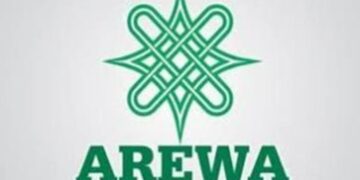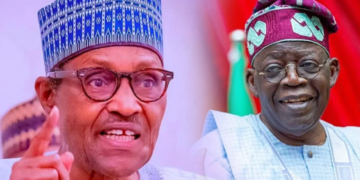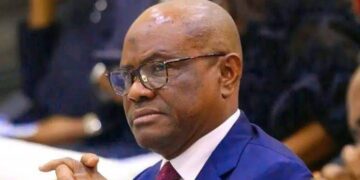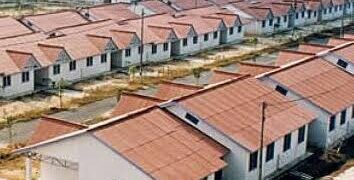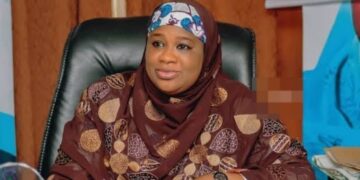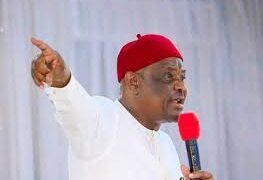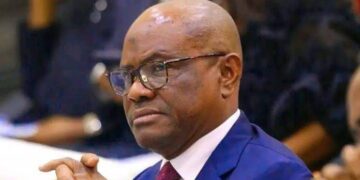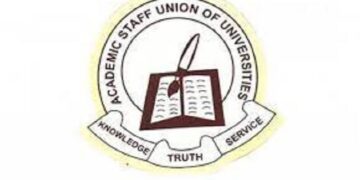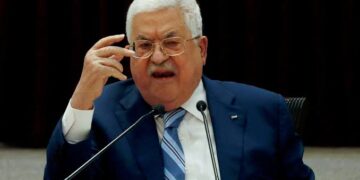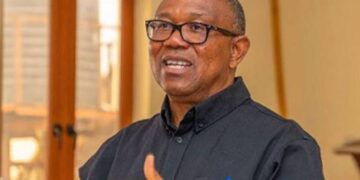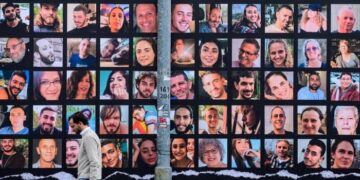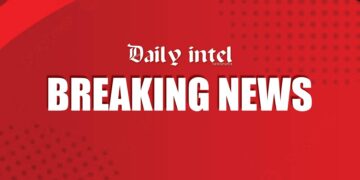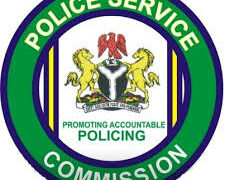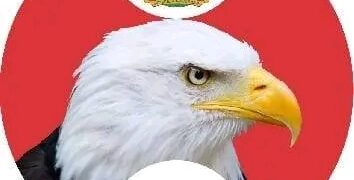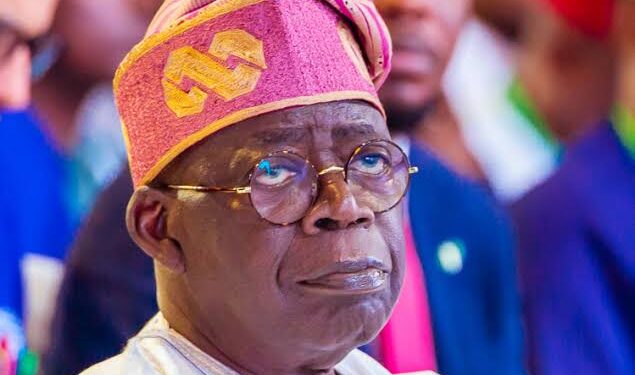President Bola Tinubu has ordered the implementation of Stephen Oronsaye report, 12 years after it was authored.
The report essentially recommended among other things the merging, subsuming, scraping and relocation of several agencies of government.
The Minister of Information and National Orientation, Mohammed Idris, revealed this to State House Correspondents after today’s Federal Executive Council meeting at the Aso Rock Villa, Abuja.
The minister said “so in a very bold move today, this administration, under the leadership of President Bola Tinubu, consistent again with his courage to take very far-reaching decisions in the interest of Nigeria, has taken a decision to implement the so-called Oronsaye Report.
“Now, what that means is that a number of agencies, commissions, and some departments have actually been scrapped. Some have been modified, and marked while others have been subsumed. Others, of course, have also been moved from some ministries to others where the government feels they will operate better,” said Idris.
“Consequently, the President constituted a committee to implement the mergers, scrapping and relocations within 12 weeks, said Tinubu’s Special Adviser on Policy Coordination, Mrs Hadiza Bala-Usman.
The Oronsaye report on public sector reforms indicates that there are 541 — statutory and non-statutory —Federal Government parastatals, commissions, and agencies.
The then President Goodluck Jonathan had in 2011 set up a Presidential Committee on Restructuring and Rationalisation of Federal Government Parastatals, Commissions and Agencies, under the leadership of former Head of Civil Service, Stephen Oronsaye.
The 800-page report recommended that 263 of the statutory agencies be slashed to 161; 38 agencies be scrapped; 52 be merged and 14 be reverted to departments in various ministries.
The report also recommends that the law establishing the National Salaries and Wages Commission be repealed and its functions taken over by the Revenue Mobilisation and Fiscal Responsibility Commission.
It advised the FG to merge the nation’s top three anti-corruption agencies—the Economic and Financial Crimes Commission, the Independent Corrupt Practices and other Related Offences Commission and the Code of Conduct Bureau.





